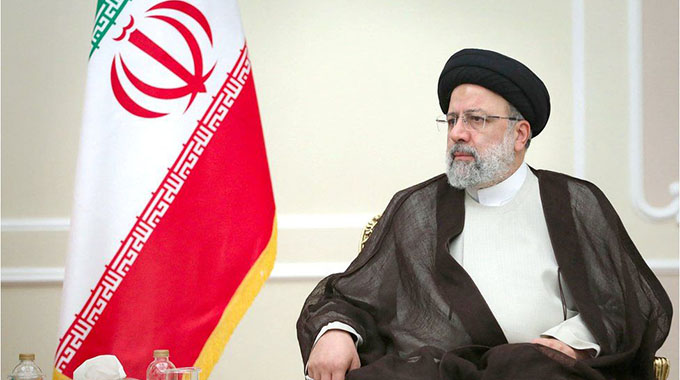Rousseff vows to restore economic growth


Brazilian President Dilma Rousseff (front right) meets with Chinese Vice President Li Yuanchao (front left), who is with as special representative of Chinese President Xi Jinping, in Brasilia, capital of Brazil. — Xinhua.
BRASILIA. — Brazilian President Dilma Rousseff, who kicked off a second term on Thursday, vowed that restoring economic growth will be a priority of her new administration.
“Brazil is determined to resume growth,” said Rousseff in her first speech to the parliament, adding that “the first steps of this journey are an overhaul of public accounts, increasing domestic savings, beefing up investments and improving productivity.”
Her government, she said, would launch its third economic growth acceleration plan and a second infrastructure investment plan to boost joint public- and private-sector initiatives.
The president said she was committed to creating a more favourable environment for business by cutting red tape, promoting economic stability, prioritising inflation control and fiscal discipline, and ultimately recovering the confidence of both labour force and business owners.
Meanwhile, Rousseff promised not to sacrifice her government’s social programmes to improve the economy.
“We are going to prove that you can cut spending while making social gains,” she said, highlighting the importance of the programs during her first four years in office.
“In my first term, we overcame extreme poverty, but ending misery is just the beginning. We have new goals. It’s time to improve what’s working and do what the people expect of us,” said the president.
Rousseff also promised to embark on an anti-corruption crusade in response to a multi-billion-dollar graft scandal engulfing state-run oil and gas giant Petrobras.
“Petrobras is Brazil’s most strategic company,” she said. “We are determined to punish those responsible without weakening the firm.”
She said she would promote a national pact against corruption in the political class and the private sector as well.
On external exchanges, Rousseff said her foreign policy would centre on South America, particularly on strengthening relations with members of the Southern Common Market and the Union of South American Nations.
Brazil would keep on promoting ties with other Latin American and Caribbean countries as well, she added.
Strengthening South-South cooperation will also take centre stage, said the president, adding that Brazil stands ready to push forward ties with countries especially in Africa, Asia and the Arab world.
Rousseff stressed the importance of the BRICS mechanism, which groups Brazil, Russia, India, China and South Africa, and vowed to work with BRICS partners to further boost cooperation in trade, science and technology, and other areas, and step up efforts for the establishment of a new development bank and a contingency reserve arrangement.
She also stressed the need to improve ties with the United States, given its political and commercial importance, as well as with the European Union and Japan.
Brazil is the world’s seventh largest economy, though its economic growth has slowed down in recent years.
According to Brazilian Finance Minister Guido Mantega, the country’s economic growth rate in 2014 was expected to be a scant 0,2 percent, far below the government’s initial forecast of 2,5 percent.
Rousseff was re-elected in October for another four-year term. In January 2011, she took office as the first female president in this largest South American country. — Xinhua.










Comments